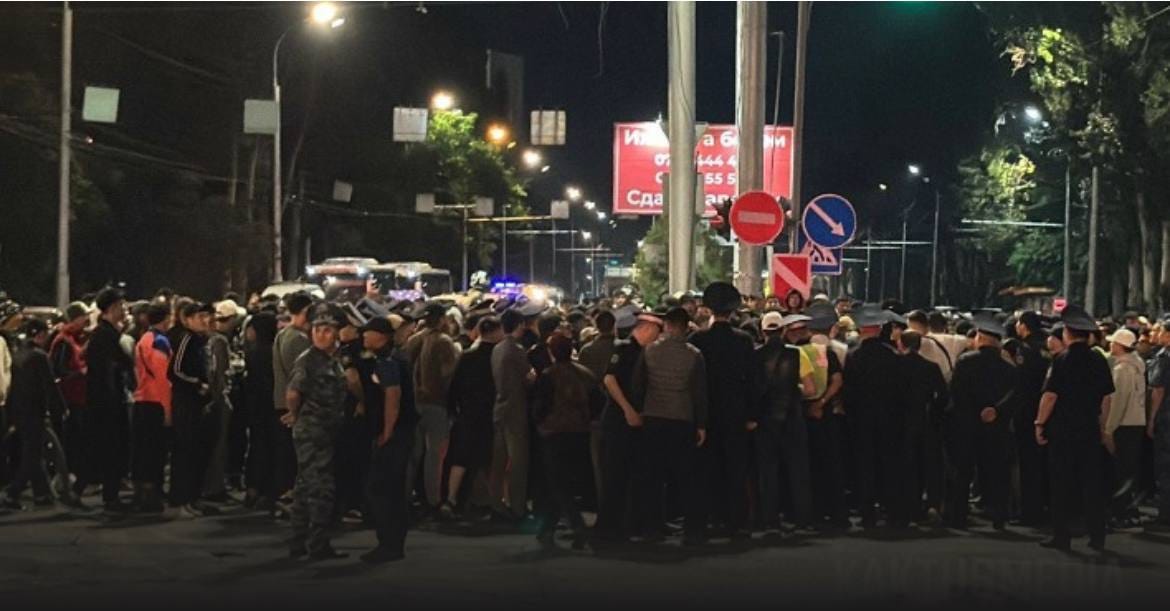Kyrgyzstan's angry young lash out at foreign students
President Sadyr Japarov and his closest ally, security services boss Kamchybek Tashiyev, are adept at neutralizing political threats. But when it comes to sudden mass violence, they're at a loss.
A pogrom directed at Pakistani nationals in Kyrgyzstan’s capital late Friday night has elicited a telling spectrum of responses from the country’s leadership.
Mortified apologies from some. Stony silence, and even justification, from others.
The former camp is evincing signs of anxiety at the reputational risk posed by perceptions of Kyrgyzstan as a lawle…
Keep reading with a 7-day free trial
Subscribe to Havli - A Central Asia Substack to keep reading this post and get 7 days of free access to the full post archives.





